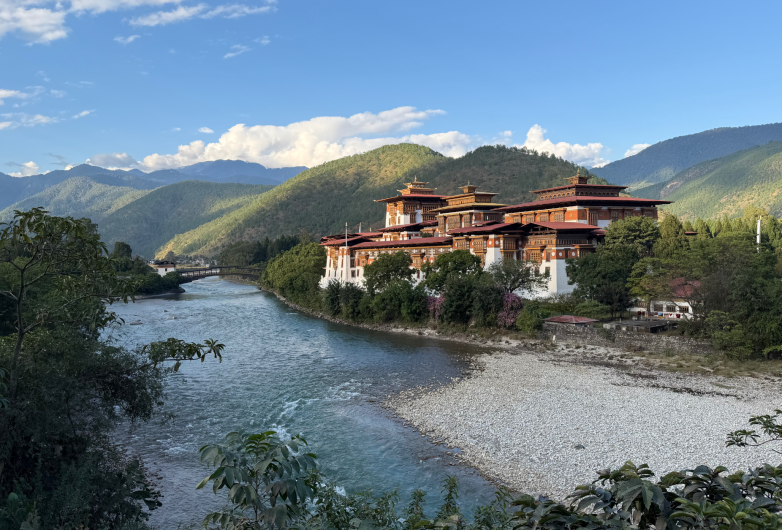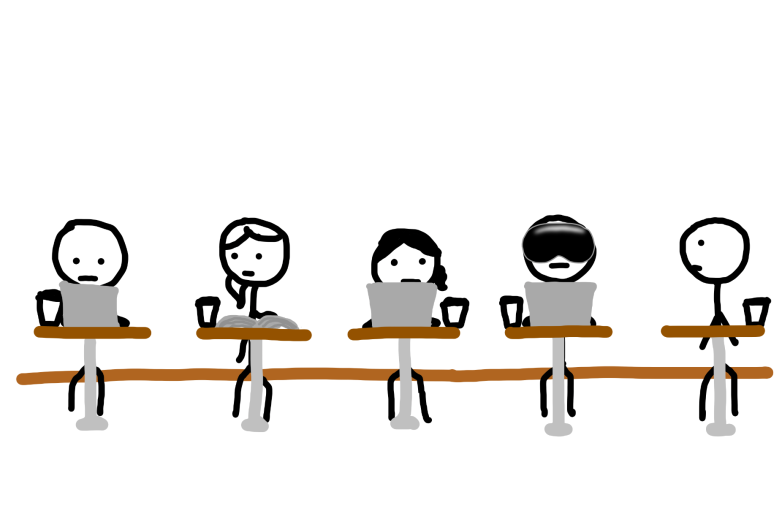The day after Trump’s victory, the #calexit hashtag blew up on social media. Calexit is a movement that aims to have California secede from the US and become its own country—and a group called Yes California is campaigning hard for the motion to actually be put to a vote in 2019.
We’re going to have plenty of opportunities to discuss politics on Wait But Why soon,1 when I put up the next post, so let’s try here to talk about the non-politics-related implications of Calexit, since they’re super interesting.
I see two major questions:
1) Is Calexit actually something that could happen, or is it totally unrealistic? What barriers are in the way, and how do the Calexit enthusiasts intend to get around them?
2) What would Calexit mean for the people of California, the rest of the US, and the world? If the decision rested in your hands, what would you do?
From what I’ve read so far, the first question seems like a toughy. Calexit is not a new idea. There have been over 200 proposals for it to happen since 1850, when the state was founded. And there’s a reason none of them has passed: seceding from the union is not easy. Wikipedia explains:
The Supreme Court decided in Texas v. White in 1869 that no state had the right to unilaterally leave the Union. Secession would thus require the approval of 38 state legislatures and two-thirds majorities in both the US House of Representatives and Senate, to pass a Constitutional amendment, as the Constitution provides no mechanism for state secession.
The last time anyone successfully pulled it off was 1861, when 11 states peaced out during the Civil War and then came back four years later when the war ended. Something like a modern-day Calexit is unprecedented in the US, but unprecedented doesn’t mean impossible. I’m sure there were many calls for Brexit before Brexit actually happened. An American in 1750 would probably have considered independence from England (Amexit?) a pipe dream. History is full of shocking, unprecedented moments.
That said, I can’t currently see a broad majority vote happening by the rest of the country to lose one of the most valuable parts of America. (Putin seems into it though, which bodes well for its chances.)
As for the second question, my first thought was that it was an insane idea, but the more I’ve thought about it, the more I like it. Here’s why:
Writing this blog has educated me on a number of utterly world-changing, life-changing technologies that are being developed—things that can help us conquer every problem we have, even the concept of human aging and mortality. Meanwhile, I’m aging and mortalitying, and I’m on a clock here. So for my purposes, I’m watching two cars race, and I’m rooting really, really hard for the technology car to beat the Tim Dying car. Less self-absorbedly, the world is full of poverty, disease, violence, and other suffering, not to mention that a trillion animals are in the shit because of the rapid changes happening to their ecosystems—all issues that technology could help us dramatically improve. But the more you learn about how tech progress works, the more clearly you can see everything that’s in the way of that progress, slowing it down, sometimes to a halt.
When the US went independent in 1776, the world was full of archaic monarchic political systems, and making changes to an archaic system rarely happens quickly. Independence gave Americans a chance to act like Apple entering the phone industry—free from the baggage of history and tradition, they could get on a clean whiteboard and start brainstorming the question, “given everything we’ve learned from history, what should a country be in our modern age?” The fresh slate allowed them to create a totally new, smarter kind of system of government. 200 years later, the US was the world’s mightiest and wealthiest country and responsible for a huge percentage of the world’s modern tech innovations. With the US as a living, working example of a constitutional democracy in action and how successful it could be, many other countries soon followed suit.
Calexit could be another chance at a blank slate. The US political system was built at a time when people traveled by horses and the power was out forever, at all times. There’s no way the system we live in today is exactly what the founding fathers would have created if they had lived in today’s world instead of theirs. California could take our new world into account, along with all the lessons we’ve learned from 240 years of the American experiment, and rethink what a country should be. Without the lethargy inherent in a nation of 320 million people with a wide range of values and viewpoints, Calexit would be a chance to rethink a lot of other things too—education, healthcare, taxes, immigration, foreign policy, law. And with these innovations and the results of their implementation on display for the rest of the world to see, California could serve as a blueprint for how other countries—including the US—could modernize themselves.
A clean slate California could be the most efficient country in the world, and given that it’s already a tech utopia, Calexit would make it a full-fledged mecca for the world’s best technology brains. The rate of tech progress would soar. This would be good for the whole world.
Of course, there’s always the concern that tech progress soaring could quickly turn the Earth into paperclips. But the way I see it, the tech is going to get there either way, and what makes humans most likely to botch it isn’t how quickly it happens as much as how intelligently it happens. A smaller, leaner, freer California would be in a better position to tackle the hard problems of safety than we are now.
As for how California itself would fare as a country, it would fare beautifully. An independent California would be a 40 million person country, about the size of Canada, with the world’s sixth largest economy, just larger than France. Their independence would only make things better, likely leading to an influx of smart people, a significant increase in outside investment, and the removal of the burden of subsidizing the rest of the US (Yes California lays out an extensive list of reasons Calexit would be good for California). As far as defense goes—would you want to fuck with a country with the world’s best drones, robots, tech weapons, missile defense systems, and cyberattack abilities? No one would dare attack California.
As for the rest of the US, we’d be fine. It would be a GDP blow, but nothing the US couldn’t handle. Elections would be surprisingly unaffected—if you took California’s electoral votes out of every presidential election result of the past century…not one election would have come out differently.2 Presumably, the US and California would have a super close, friendly relationship, because of the shared history and culture and because it would be in both countries’ best interest to get along. So an American would probably be able to cross the border into California without any visa requirement or other hassle, and vice versa. There could be mutually-beneficial agreements around things like trade, water imports, and a shared military. Likewise, while the US would be losing a key coastline and port to the Pacific, I’m sure there would be an agreement in place that would allow the US easy access to what it needed.
So yeah, go Calexit. I wish it could happen. But it probably won’t.
Right…..?
_______
You can sign up for the Dinner Table email list here to be notified about the new topic each week, and remember to submit future topic suggestions to [email protected].
The word “soon” on Wait But Why has no meaning. I am not a rational agent when it comes to predicting when my posts will come out. But the next post—which is shaping up to be more like a 150-page illustrated book than a blog post—is continuing to progress, seven days a week, even in my tortured dreams.↩
To find the most recent time California’s electoral votes swayed an election, you have to go back to Rutherford B. Hayes’ 1876 election—and no one even cares about Rutherford B. Hayes or his election.↩





